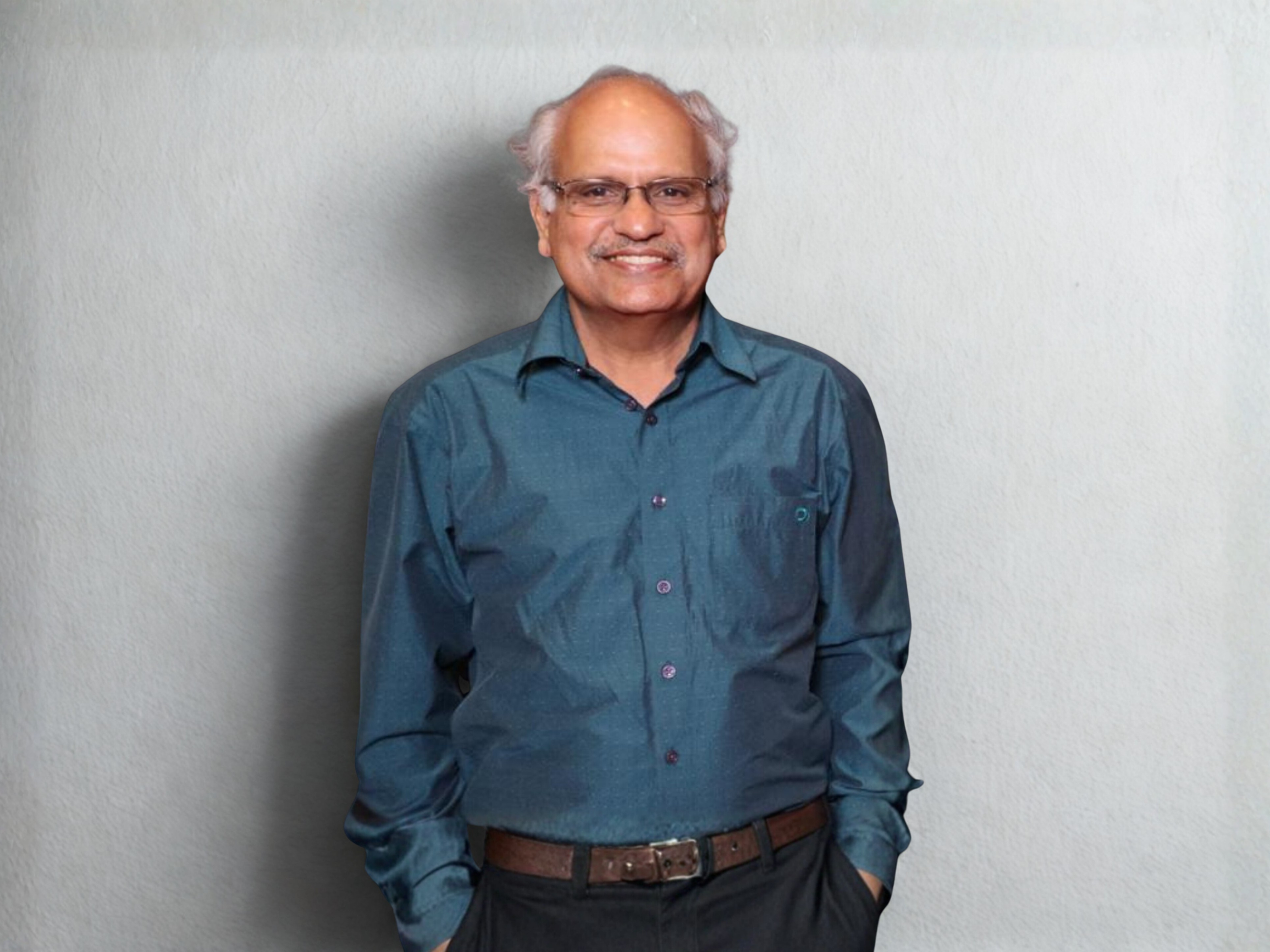A unique Mississauga story for International Women's Day
/Sarah and Charles Adamson and children
I had started out on a completely different thread for this week’s Way Back Wednesday article. That story, focusing on John Mitchell (aka Patrick Slater), the author of The Yellow Briar, will now run next week (apologies to anyone looking for it this week).
I was working on another article relating to an artifact in our collection – namely a silver tea set. The tea set had been given to my own great-grandmother, Sarah Maria Bonham, upon leaving her teaching position when she married Charles Adamson, my great-grandfather, in 1905. As I wandered down memory lane and looked at the materials compiled in my own family – namely through my late great-uncles Tommy and Geof Adamson, and my mother, Delamary – I thought an article that shared the story, in part, of Sarah Maria fittingly connected to International Women’s Day and honouring women who made lasting impacts on their communities. Sarah was certainly a cornerstone for the Adamson family in Erindale, and for the surrounding community. Through her own passion for education, she helped to foster that drive in her own children and grandchildren, which in time helped to preserve and record significant stories from Mississauga’s past. Her sons Tommy (after whom the Thompson Adamson Bell Tower Museum at St. Peter’s Anglican Church is named), and Geof both published materials on local history, while others in the family were keenly aware of their roots and have helped to pass on the legacy of these formative years in Erindale.
Sarah and Charles Adamson farm, Erindale, c1920
Sarah Maria Bonham was born on January 20, 1879 on the family farm in Trafalgar Township. Her parents were John Bonham (1837-1924) and Mary Jane Pinkney (1845-1928). The 90-acre Bonham farm was located north of modern Eglinton Avenue, and bordered by Tenth Line on the west and the Town Line (Winston Churchill Boulevard) on the east.
John was born in Oxfordshire, England, and he arrived in Canada in 1860. In 1862 he married Mary Jane Pinkney of Derry West. Mary Jane was born in Toronto Township (historic Mississauga), although her family roots were in Yorkshire, England.
John and Mary Jane Bonham’s family grew to include 10 children, all of whom were born and raised on the farm: John Thomas (1865-1941), Charles Robert (1867-1888), Margaret Ann (1869-1948), Mary Jane “Jenny” (1871-1950), George Samuel (1873-1957), James Henry (1876-1938), Sarah Maria (1879-1951), Hilda Isabella (1881-1890), Ellen Rosana (1883-1950) and Beatrice Victoria (1885-1936). The children attended public school at S.S. #10 Trafalgar (the Tenth Line Public School, also known as Miller’s Schoolhouse).
Sarah completed high school and then spent two years in Toronto attending the Ontario Normal (Preparatory) College for public school teachers. Sarah was an exemplary student and is said to have graduated at the top of her class.
Sarah and Charles Adamson wedding, 1905
Sarah’s older brother, Charles Robert, was also a schoolteacher. He passed in 1888 at the age of 21 from diphtheria. Sarah followed in her brother’s footsteps and became a schoolteacher in 1889. According to her granddaughter, Delamary, Sarah taught at several one-room schoolhouses in Trafalgar Township, including School Section #8 Trafalgar (McCurdy’s Corners). She was posted at School Section #10 Trafalgar (Tenth Line Public School, where she had attended public school) in 1892, and taught there until her “retirement” (marriage) in 1905. Upon leaving the school, she was presented with a silver tea set. The tea set was passed down to her granddaughter, who was also a teacher.
According to Adamson family history, Sarah Maria Bonham met her future husband, Charles Adamson (1872-1948) of Erindale, in 1904 through her brothers George and James, who had been hired by Charlie to aid in a barn raising. Charlie courted Sarah for 6 months and they were married on March 1, 1905 in Trinity Anglican Church in Streetsville. Trinity was the Bonham family’s home parish.
Adamson farm, Erindale
Sarah and Charlie Adamson made their home in Erindale (their farm is now the site of Erindale Secondary School). Charlie had bought the farm in 1904. According to their son, Geoffrey, they were “well suited to each other. They both epitomized the protestant work ethic so prevalent in the pioneer families of southern Ontario. Sarah’s steady hand and down-to-earth common sense tempered Charlie’s unbounded optimism and far-reaching dreams.”
Charlie and Sarah raised 5 children: Marjorie Alice (1905-1979), James Bonham (1910-2001), William Thompson “Tommy” (1912-2001), Charles Harvey (1914-1995) and Geoffrey Peter (1915-2008).
Sarah and Charlie worked diligently to improve their dairy farm, adding a new barn in 1909 to house their livestock, and an expansive new house in 1914. Life was not easy for the young couple, and money was hard to come by. To help make ends meet, they also kept chickens and bees, selling eggs and honey. From the dairy herd, they shipped 4 or 5 cans of milk to Toronto Dairy daily via the Clarkson railway station.
Sarah loved to host gatherings, and the Adamson farm was often the site of social events with the Erindale Trench Club, the Erindale Women’s Institute, and outings from the nearby Erindale Public School. Although no longer a teacher, Sarah held great respect for education, and ensured that all of her children attended school. Her granddaughter, Delamary, cited Sarah as being a driving force in her love of reading and her own career as a teacher.
Gravestone and St Peter's Anglican Cemetery, Erindale
Charles passed away in 1948, followed by Sarah in 1951. They were laid to rest in St. Peter’s Anglican Cemetery in Erindale, a short distance from the farm where they had lived for over 50 years. Reverend Banks for St. Peter’s Church commented on their passing: “The passing of Charlie and now Sarah marks a defining time in the history of southern Ontario. The last of the pioneering families are almost all gone.”
The story of Sarah and Charlie Adamson and the Adamson Farm in Erindale was lovingly recorded and published in 2006 by their son, Geoffrey “Geof” Adamson in a book entitled Next Year: A personal history of the Village of Erindale 1900-1950.
I wish everyone a very happy International Women’s Day as we pause, reflect, and pay respects to all of the significant women who helped to positively shape our worlds. Although I never met my great-grandmother Sarah, I know the impact she had on my own mother in her childhood years, and through that connection, Sarah’s indirect impact on my own life and my own passions for reading, education and history. And I am thankful.















